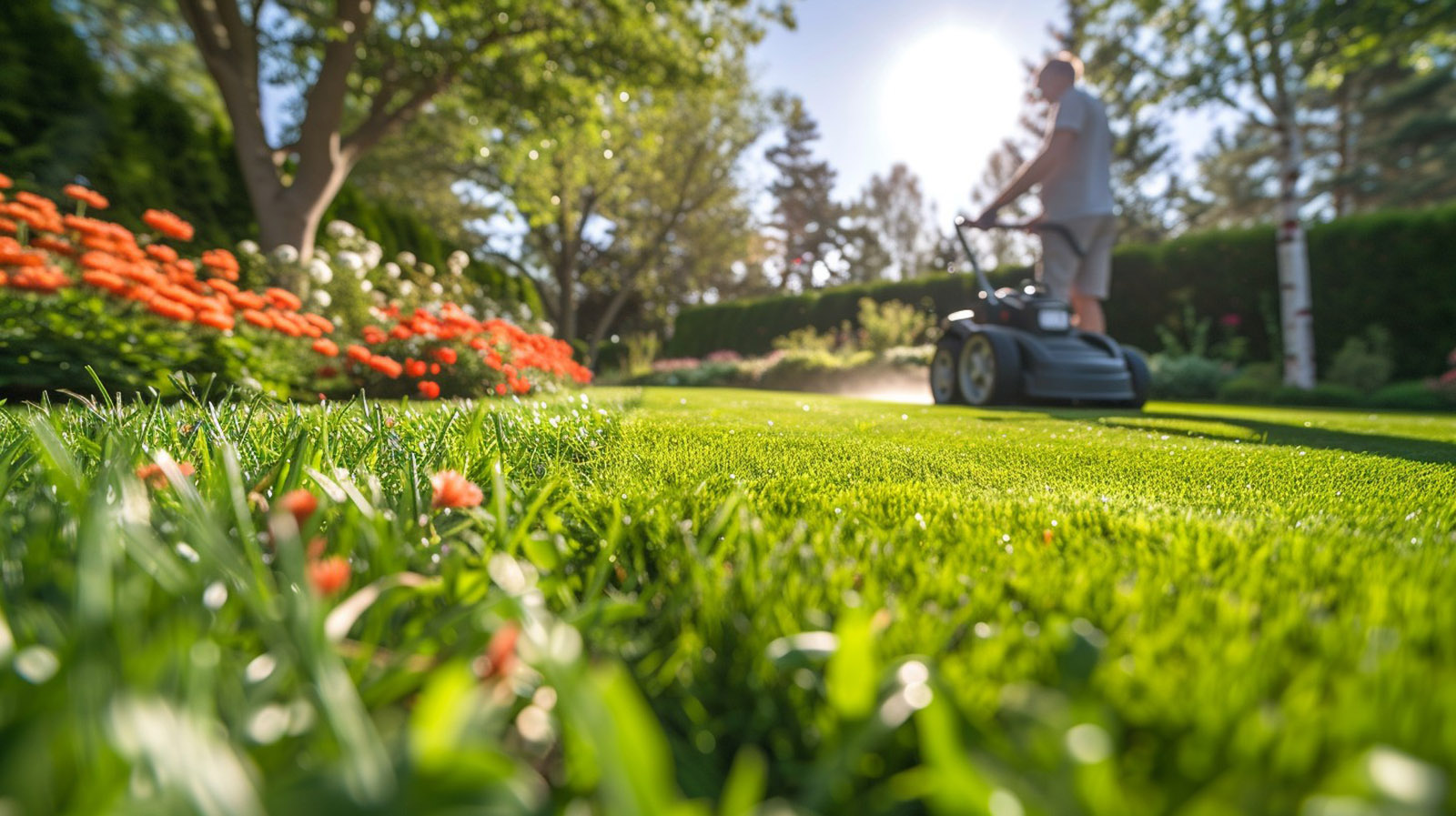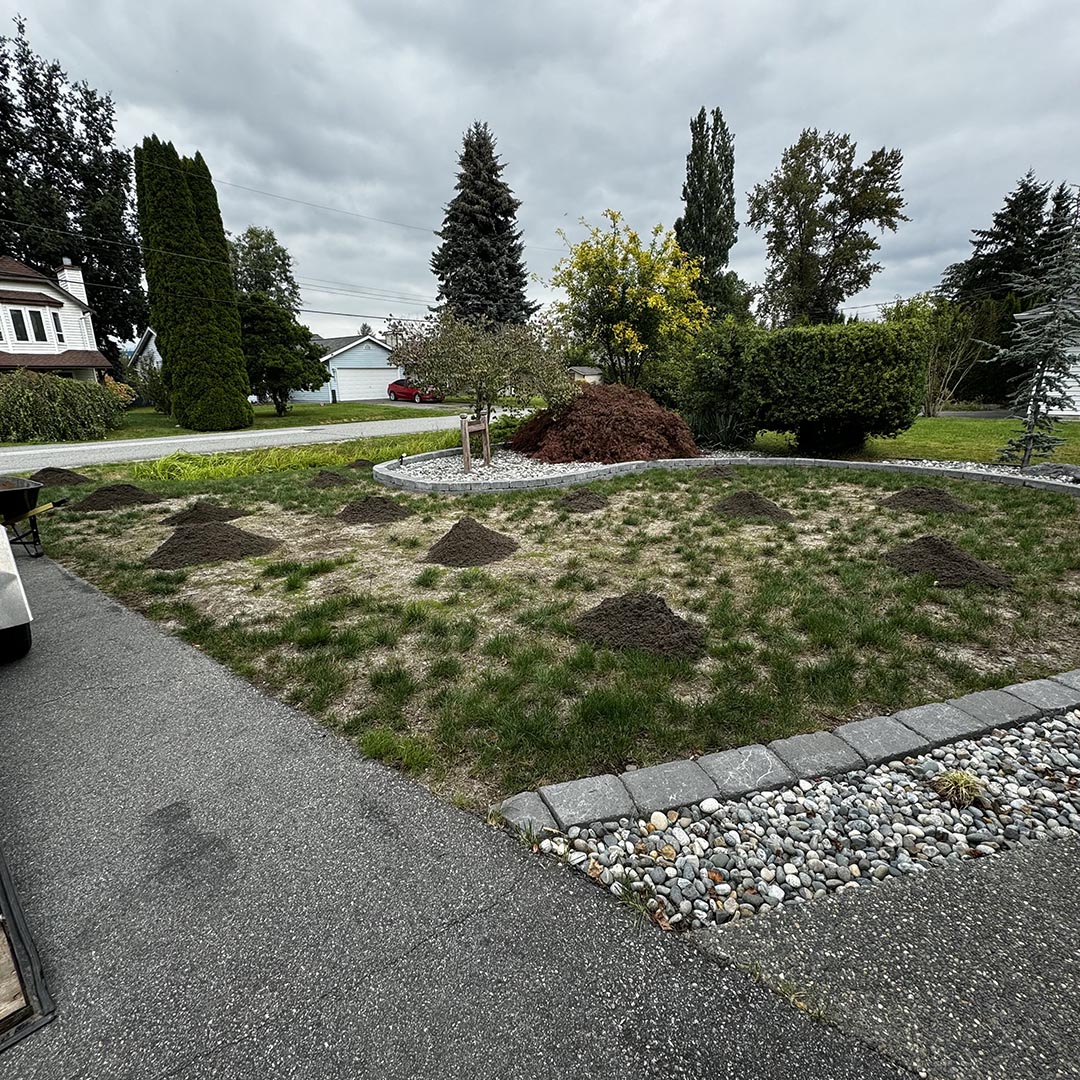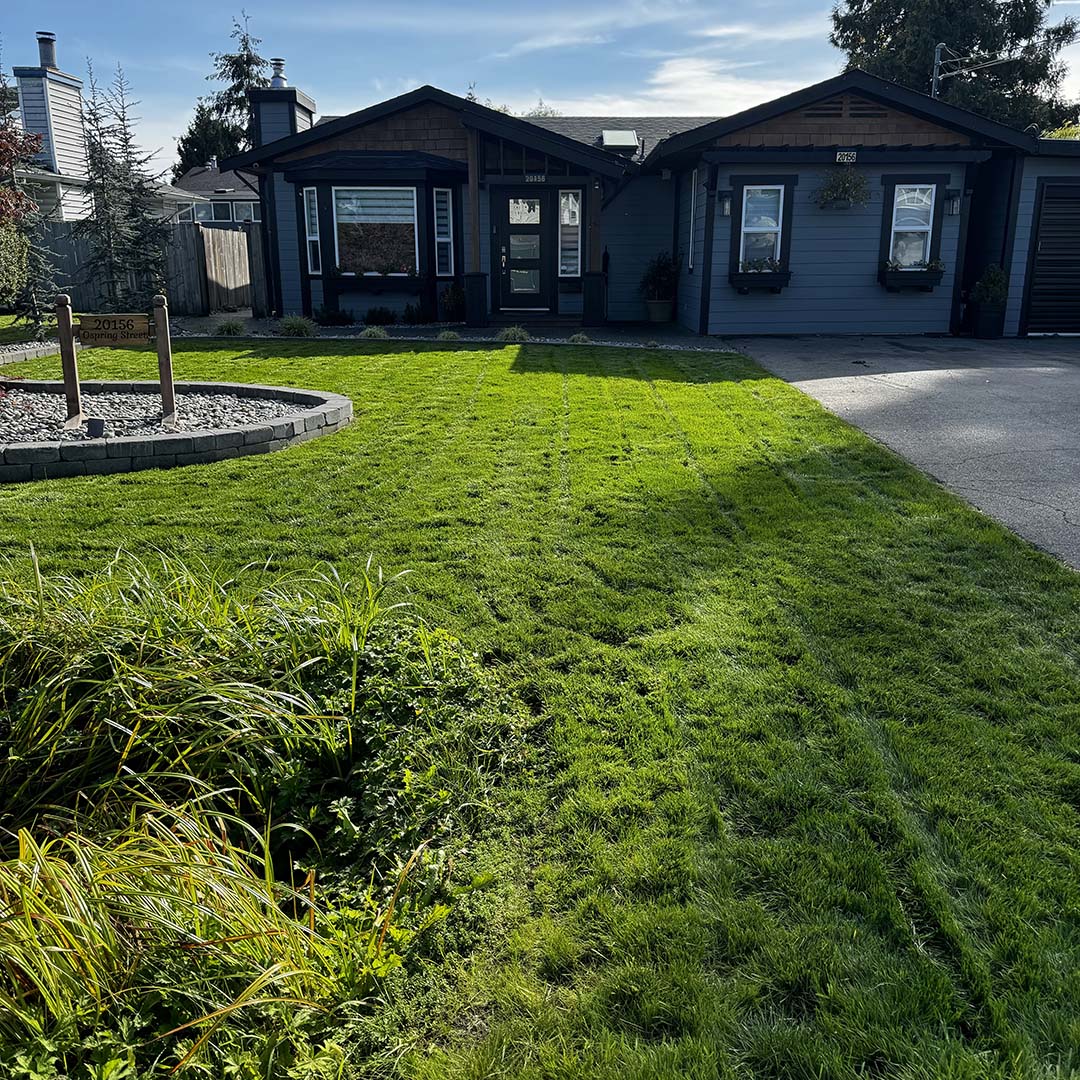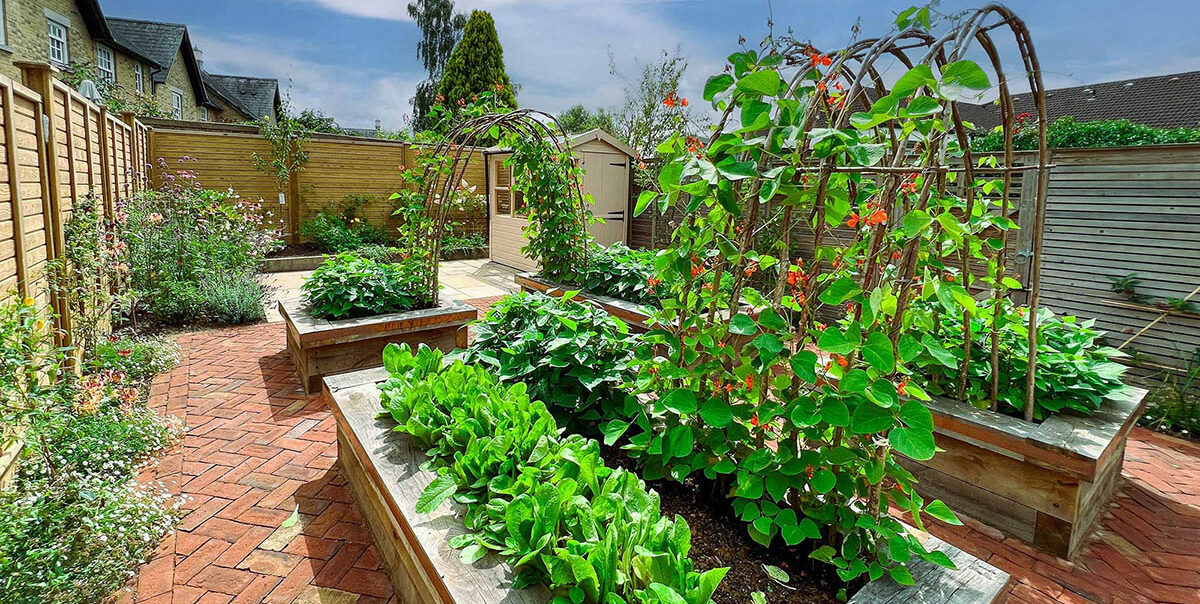
Here is a detailed guide towards a world of eco-friendly gardening, where lush landscapes and vibrant gardens thrive in harmony with nature! In the diverse climates of Vancouver Island, Lower Mainland, and Okanagan, sustainable gardening practices play a vital role in preserving our environment while creating beautiful outdoor spaces.
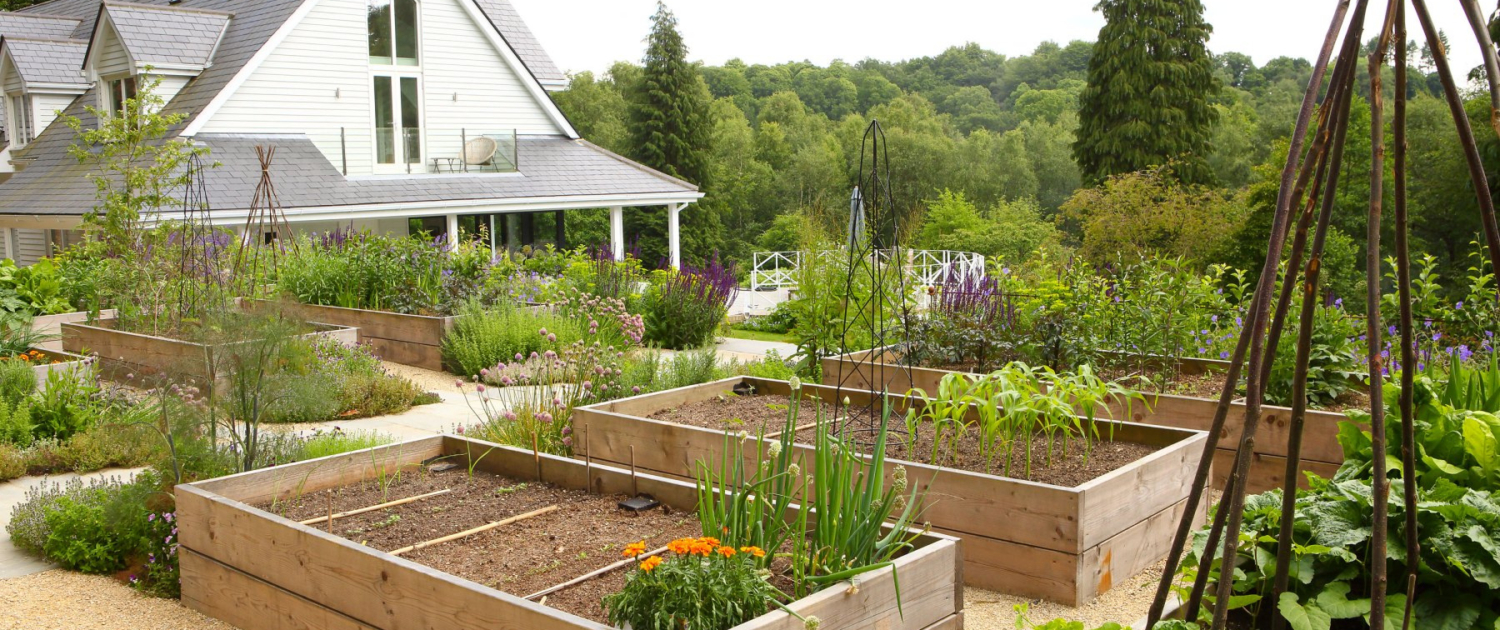
Eco-Friendly Gardening Sustainable Practices for Your Yard
Here’s your guide to embracing eco-friendly gardening in your own yard:
- Native Plant Selection: Choose plants native to your region to promote biodiversity and support local ecosystems. In Vancouver Island’s temperate climate, consider native species like salal and sword ferns. In the Okanagan’s arid conditions, opt for drought-tolerant natives such as sagebrush and rabbitbrush.
- Water Conservation: Implement water-saving techniques to minimize water usage and reduce environmental impact. Utilize rain barrels to collect and store rainwater for irrigation, especially during the wetter seasons in Vancouver Island and the Lower Mainland. In the Okanagan’s dry climate, invest in drip irrigation systems and mulching to retain soil moisture.
- Organic Soil Management: Prioritize organic soil amendments and fertilizers to nurture healthy soil and promote plant growth. Compost kitchen scraps and yard waste to create nutrient-rich soil amendments, benefiting your garden while reducing landfill waste. In the Okanagan’s nutrient-poor soils, incorporate compost and organic matter to improve soil structure and fertility.
- Integrated Pest Management (IPM): Practice IPM techniques to manage pests and diseases without relying on harmful chemicals. Encourage natural predators like ladybugs and lacewings to control pest populations, reducing the need for pesticides. In Vancouver Island and the Lower Mainland, attract beneficial insects with native plants and companion planting.
- Efficient Garden Design: Design your garden with efficiency in mind, maximizing space and minimizing resource consumption. Utilize companion planting techniques to create mutually beneficial plant communities, reducing the need for chemical interventions. In the Okanagan’s hot summers, utilize shade structures and strategic plant placement to conserve water and energy.
- Renewable Energy: Embrace renewable energy solutions to power your gardening endeavors sustainably. Install solar-powered lights and irrigation systems to reduce reliance on grid electricity, especially in the sunny climates of the Okanagan. Consider incorporating wind or hydroelectric power where feasible to further reduce your environmental footprint.
- Wildlife Habitat Creation: Create habitats for wildlife by incorporating native plants, water features, and sheltering structures into your garden design. Provide food and nesting opportunities for birds, bees, and butterflies, enhancing biodiversity and ecosystem health. In the Lower Mainland’s urban environments, create wildlife corridors to connect fragmented habitats and support migratory species.
- Chemical-Free Weed Control: Adopt chemical-free weed control methods to maintain a healthy garden ecosystem. Use mulch and manual weeding to suppress weed growth and prevent competition with desirable plants. In the Okanagan’s vineyards and orchards, utilize mechanical cultivation and cover cropping to minimize herbicide usage and protect soil health.
- Sustainable Lawn Care: Apply eco-friendly lawn care practices to promote a lush and healthy lawn without harming the environment. Mow lawns at a higher height to promote deeper root growth and shade the soil, reducing water evaporation. Leave grass clippings on the lawn to decompose naturally, returning nutrients to the soil.
- Community Engagement: Engage with your local community to promote sustainable gardening practices and environmental stewardship. Share knowledge, resources, and surplus produce with neighbors, fostering a sense of community and collective responsibility for the environment. Participate in community gardens and conservation initiatives to contribute to a greener future for all.
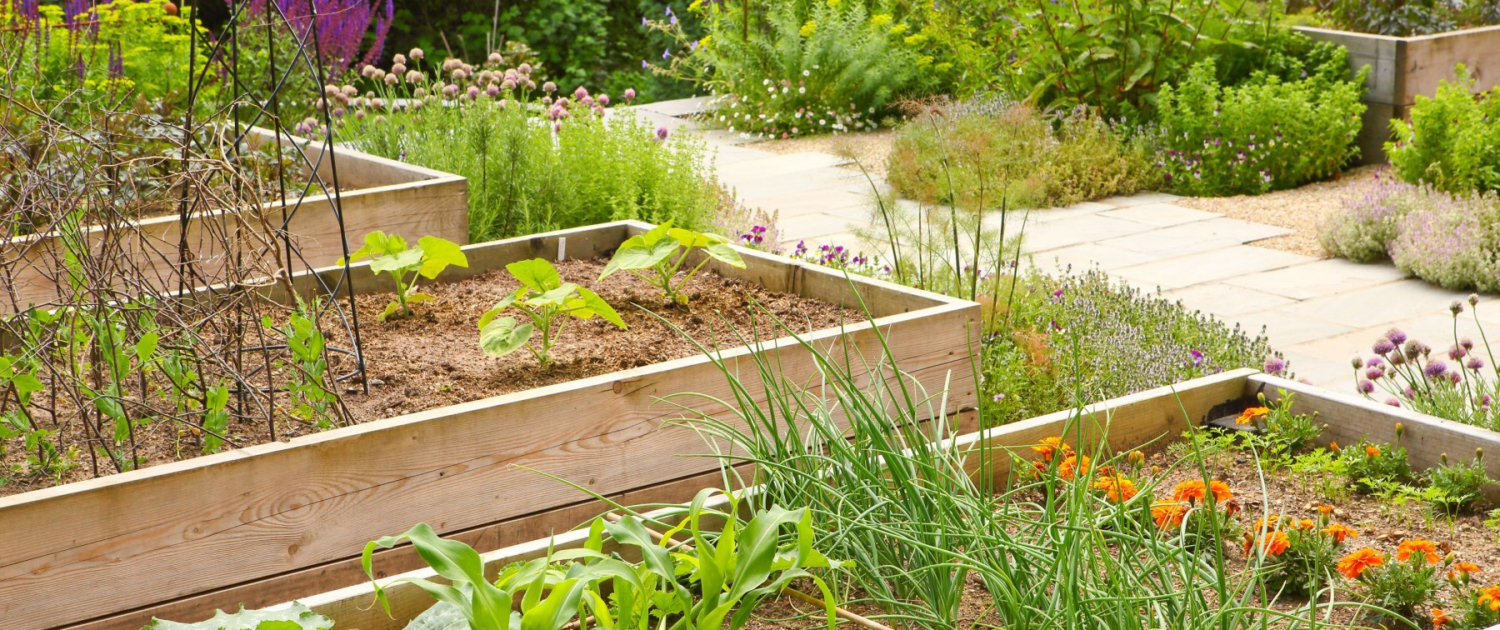
Eco-Friendly Gardening – Sustainable Practices for Your Yard
By embracing these eco-friendly gardening practices, you can create a thriving garden that benefits both your family and the planet. Let’s cultivate a sustainable future, one garden at a time!
